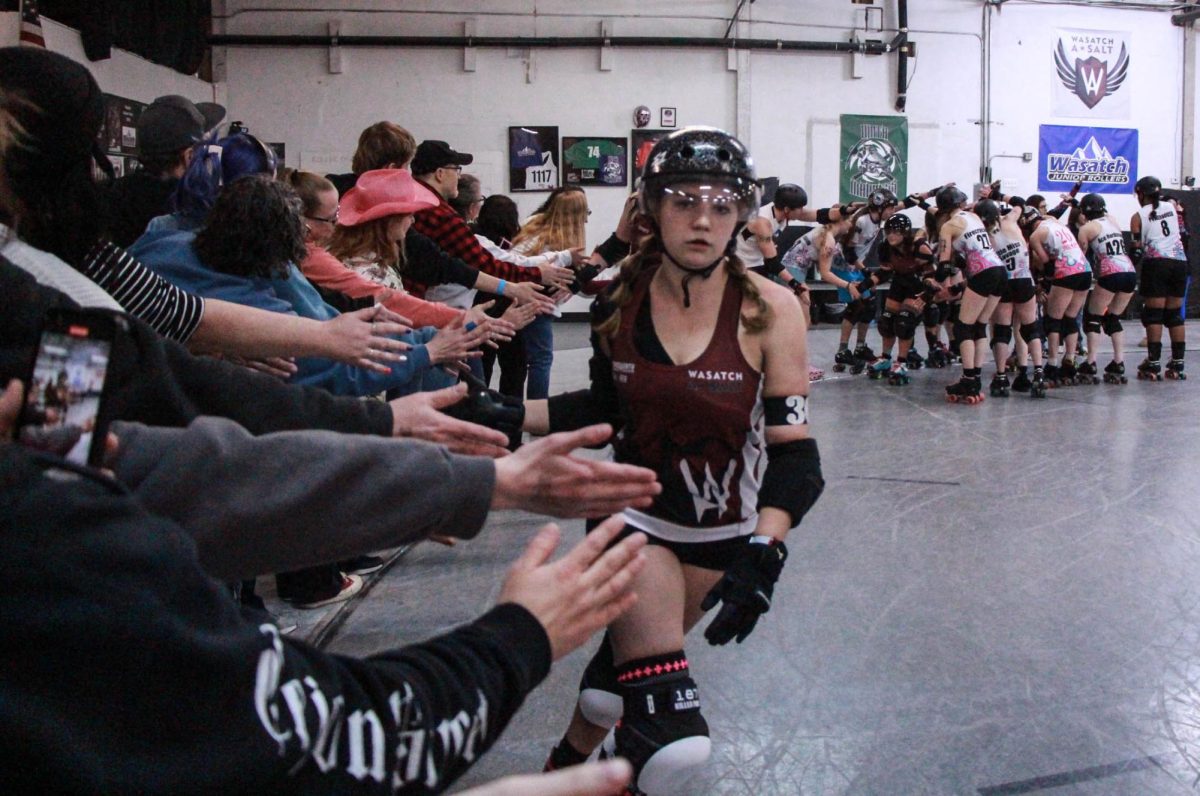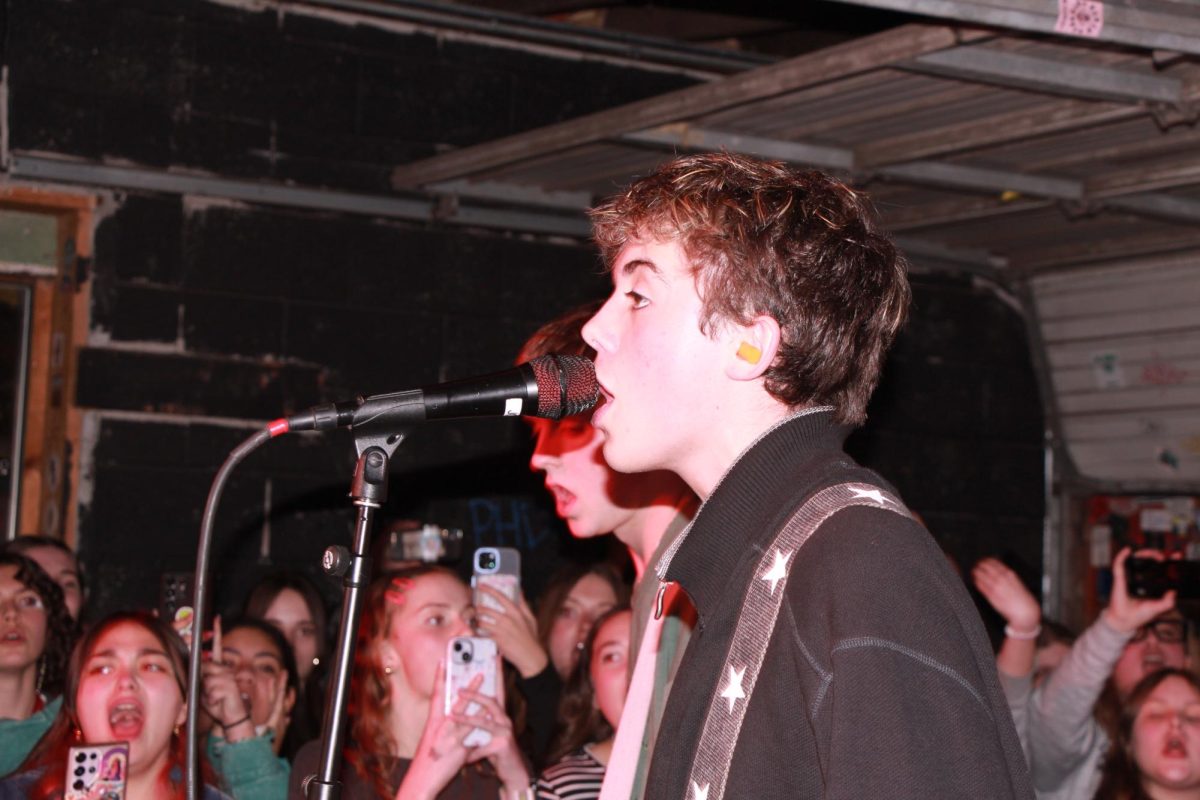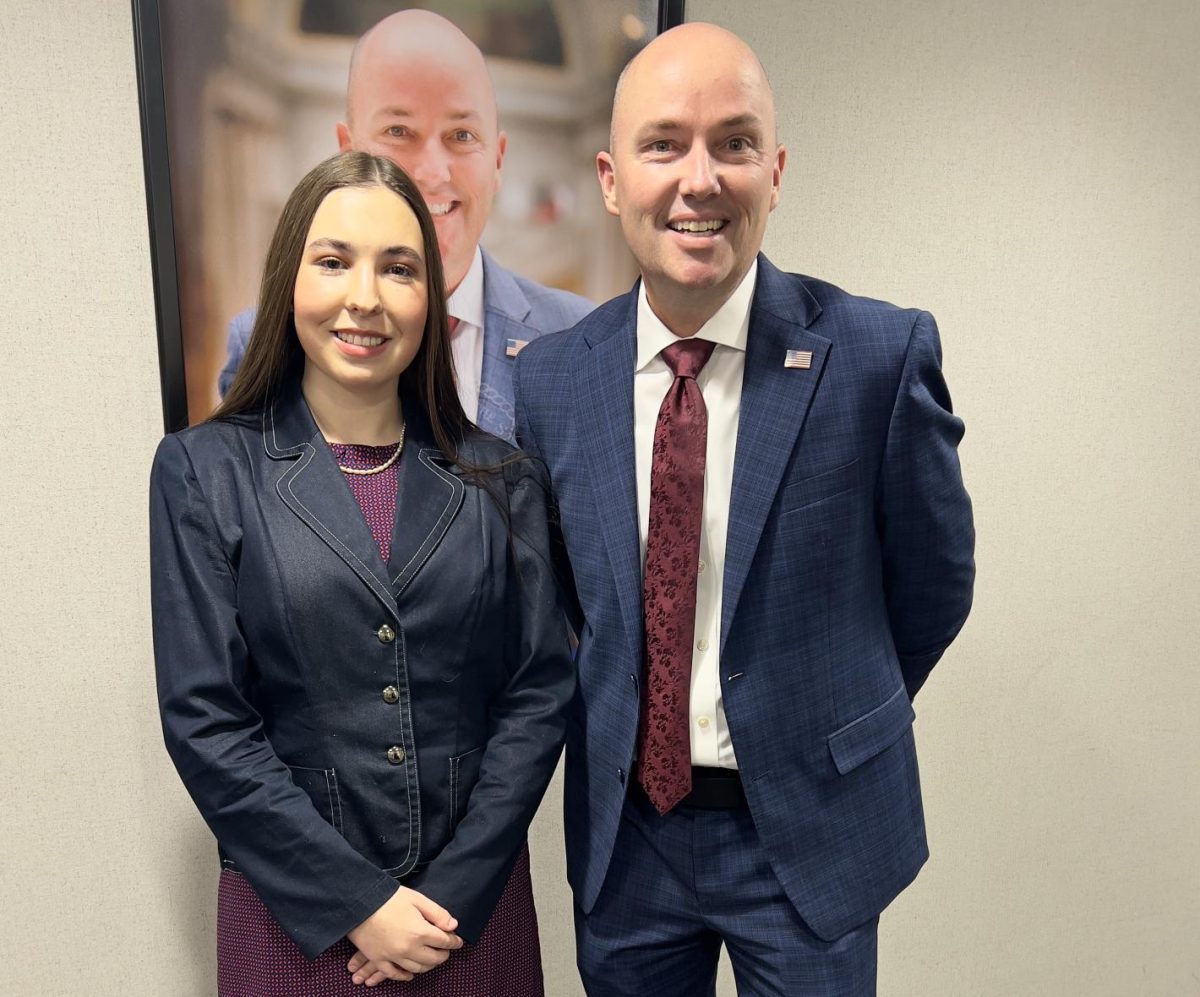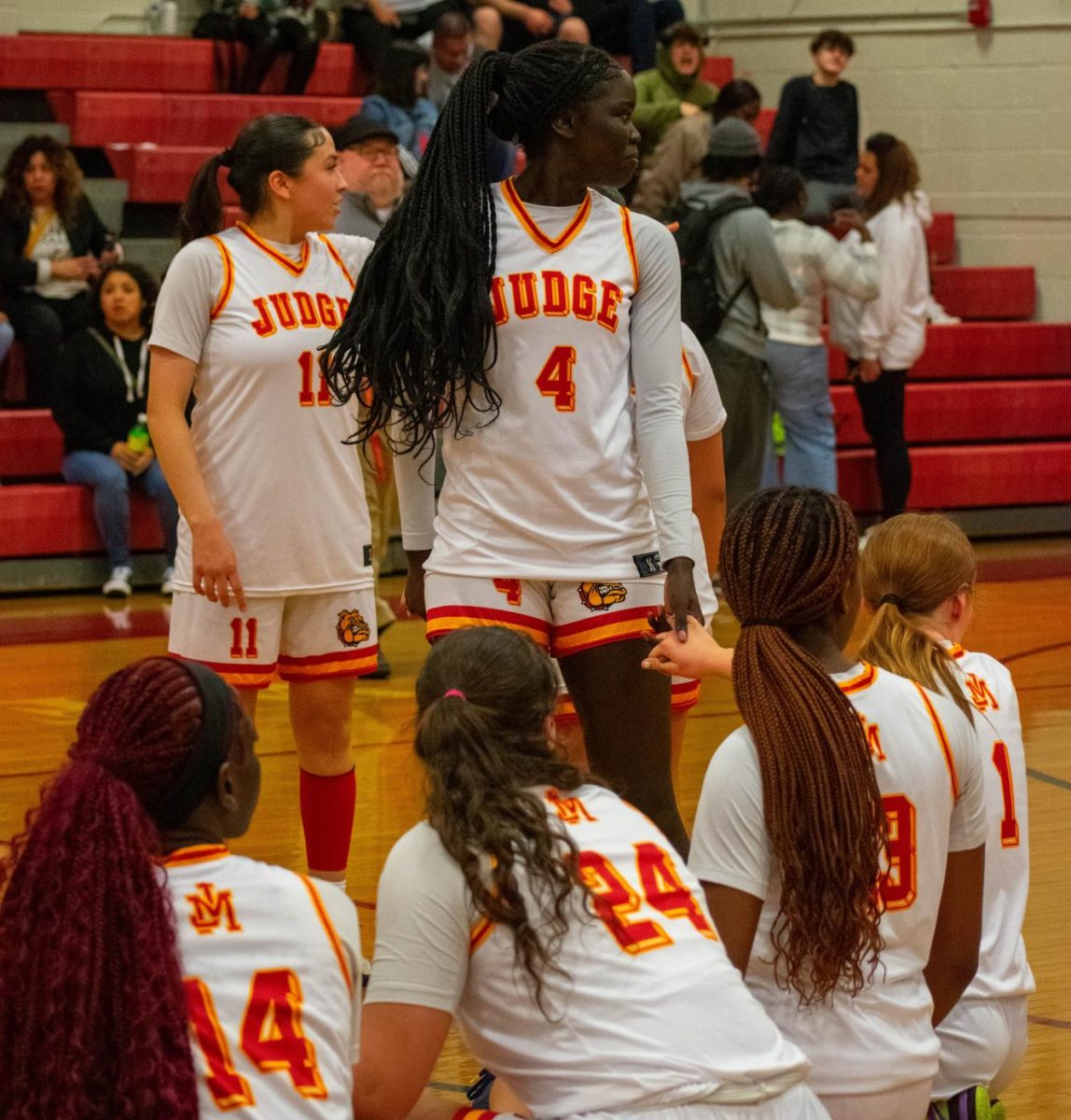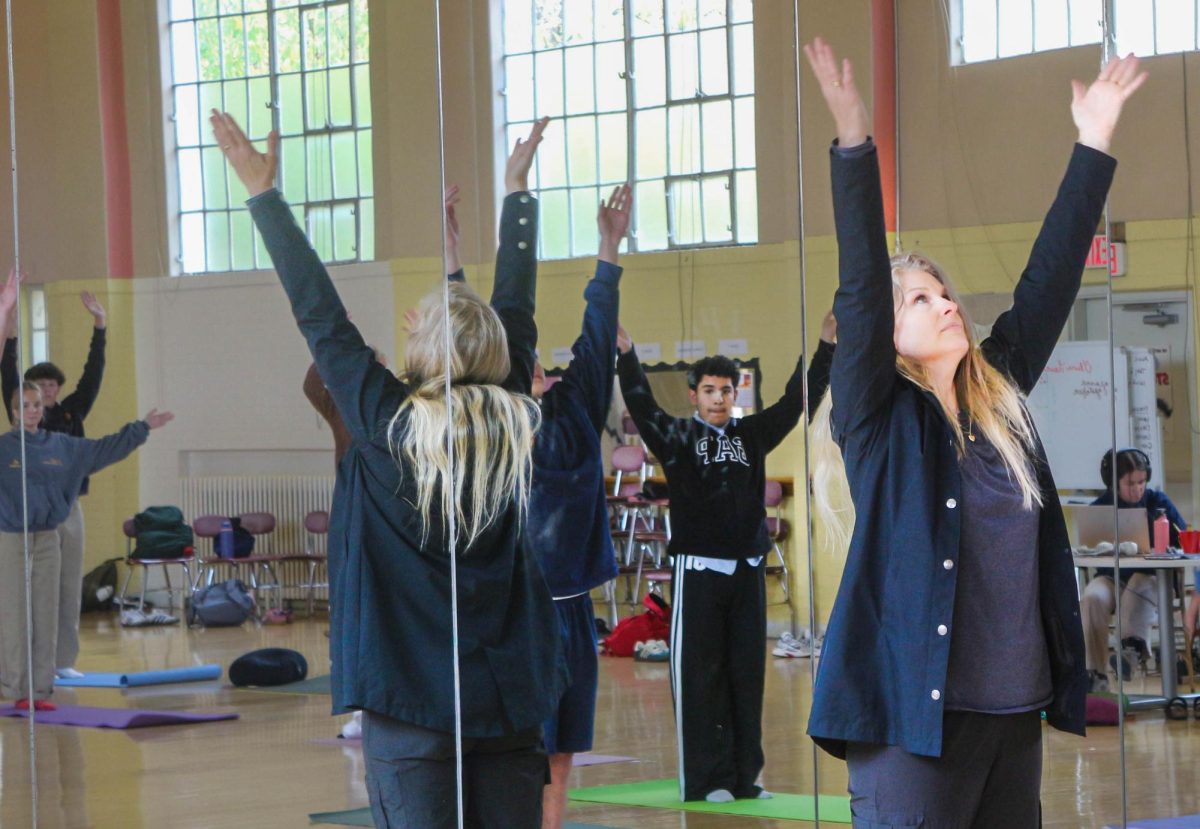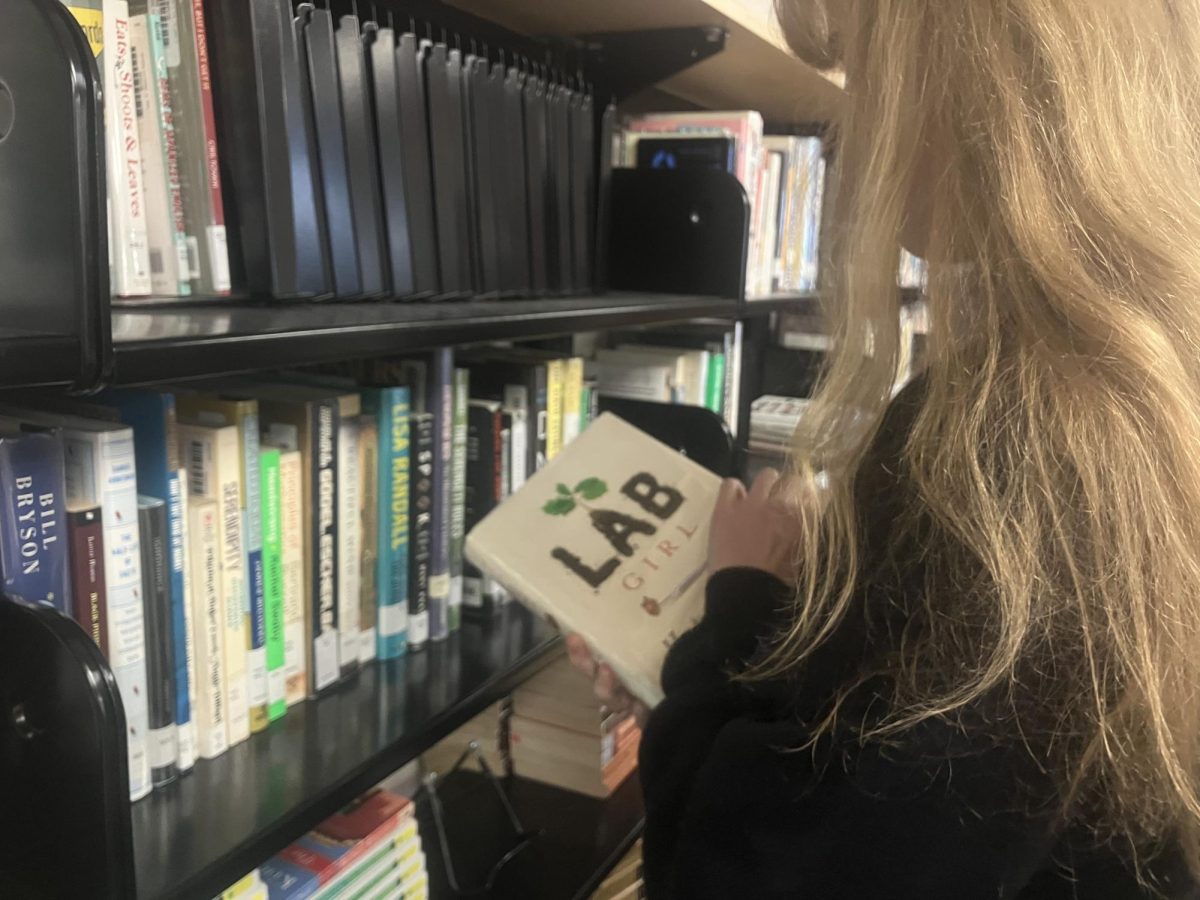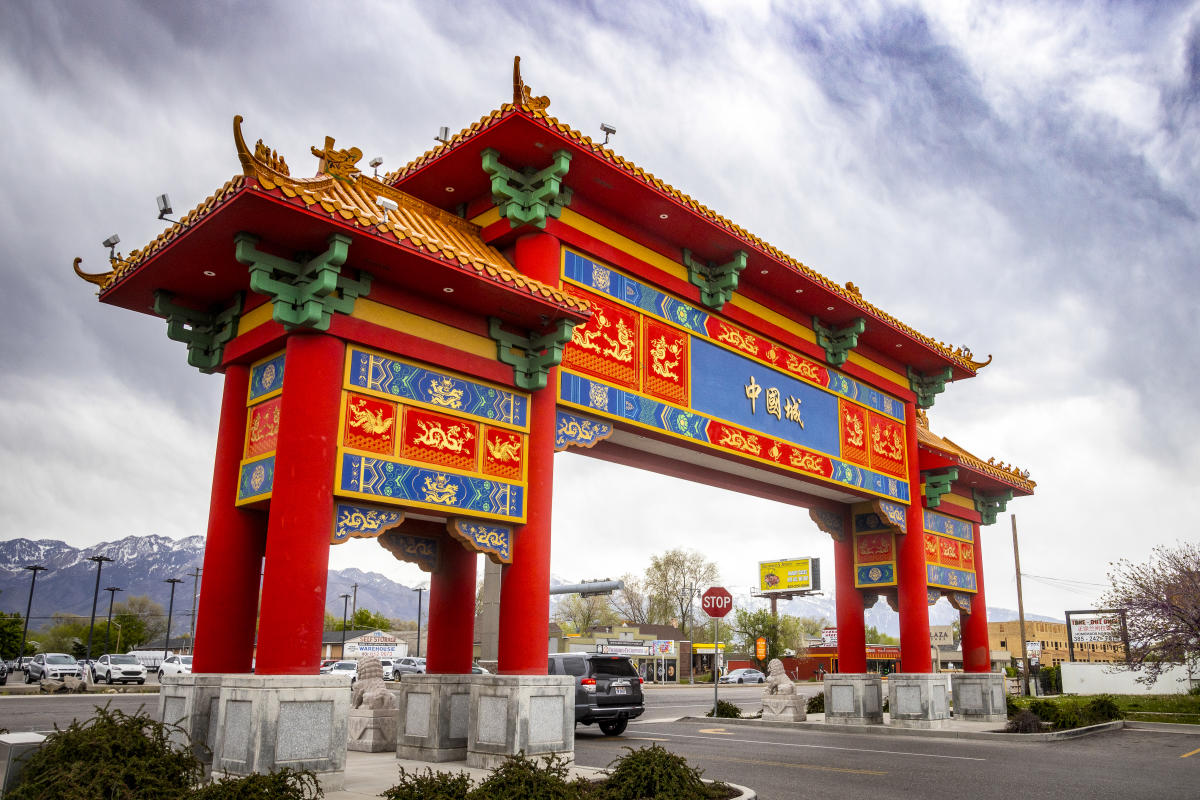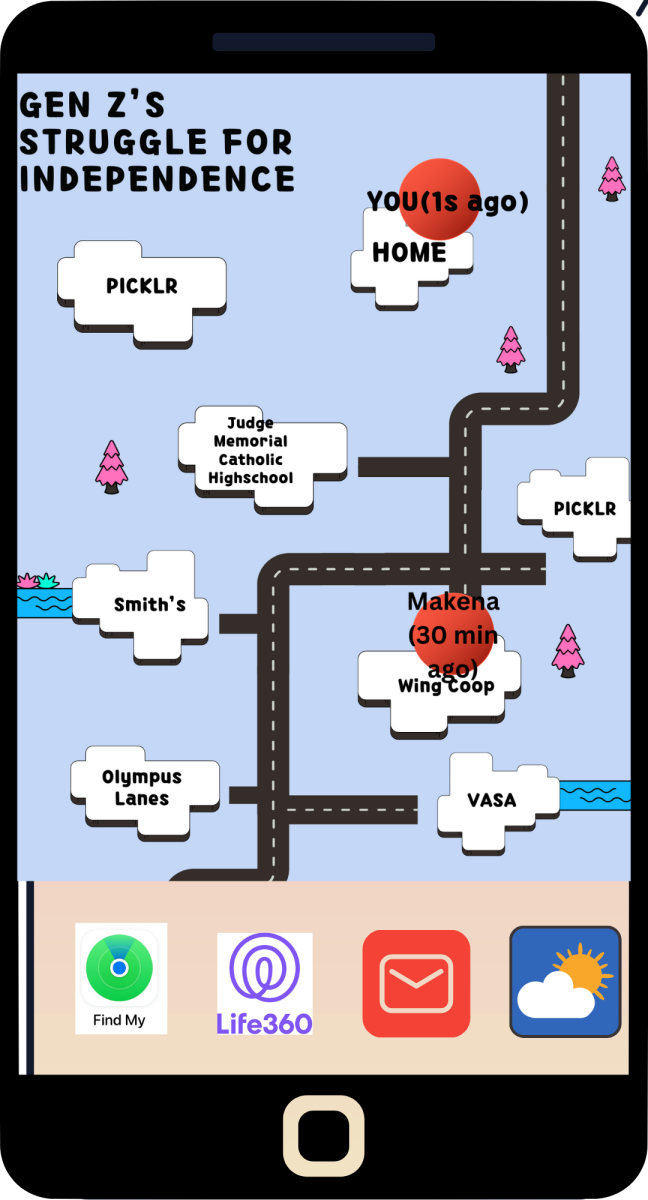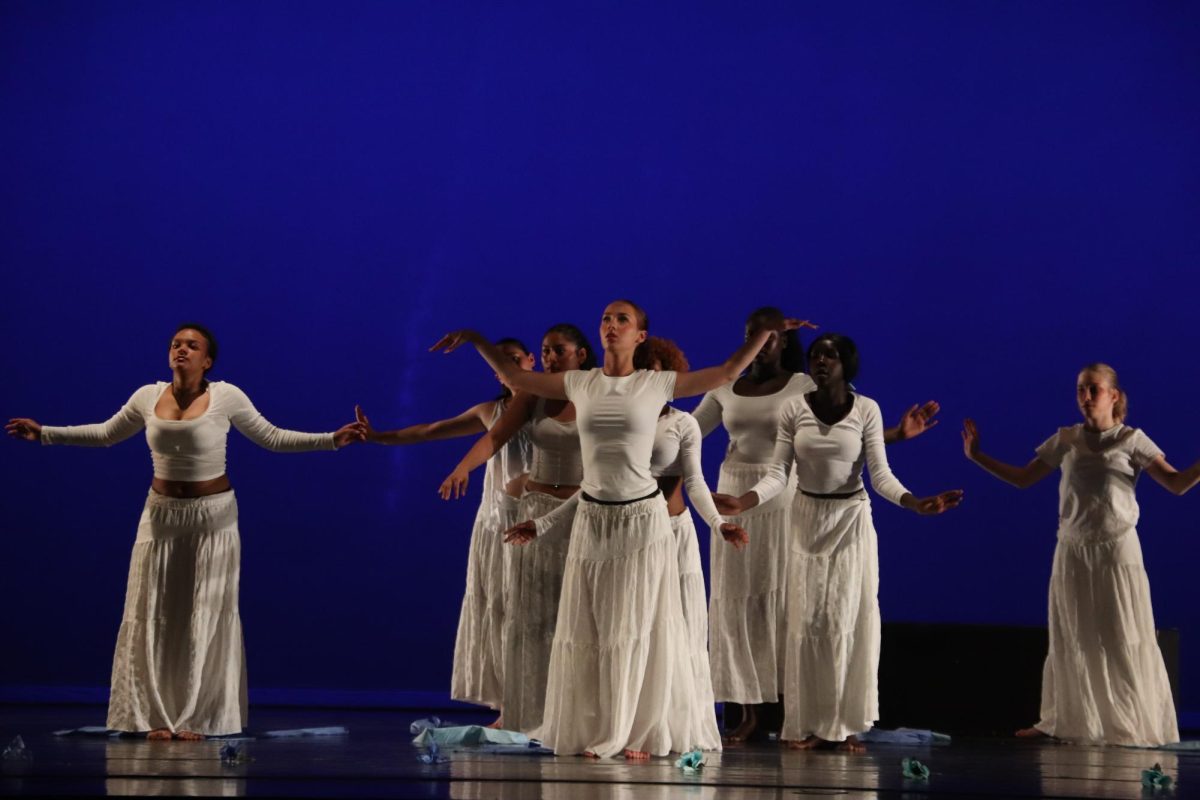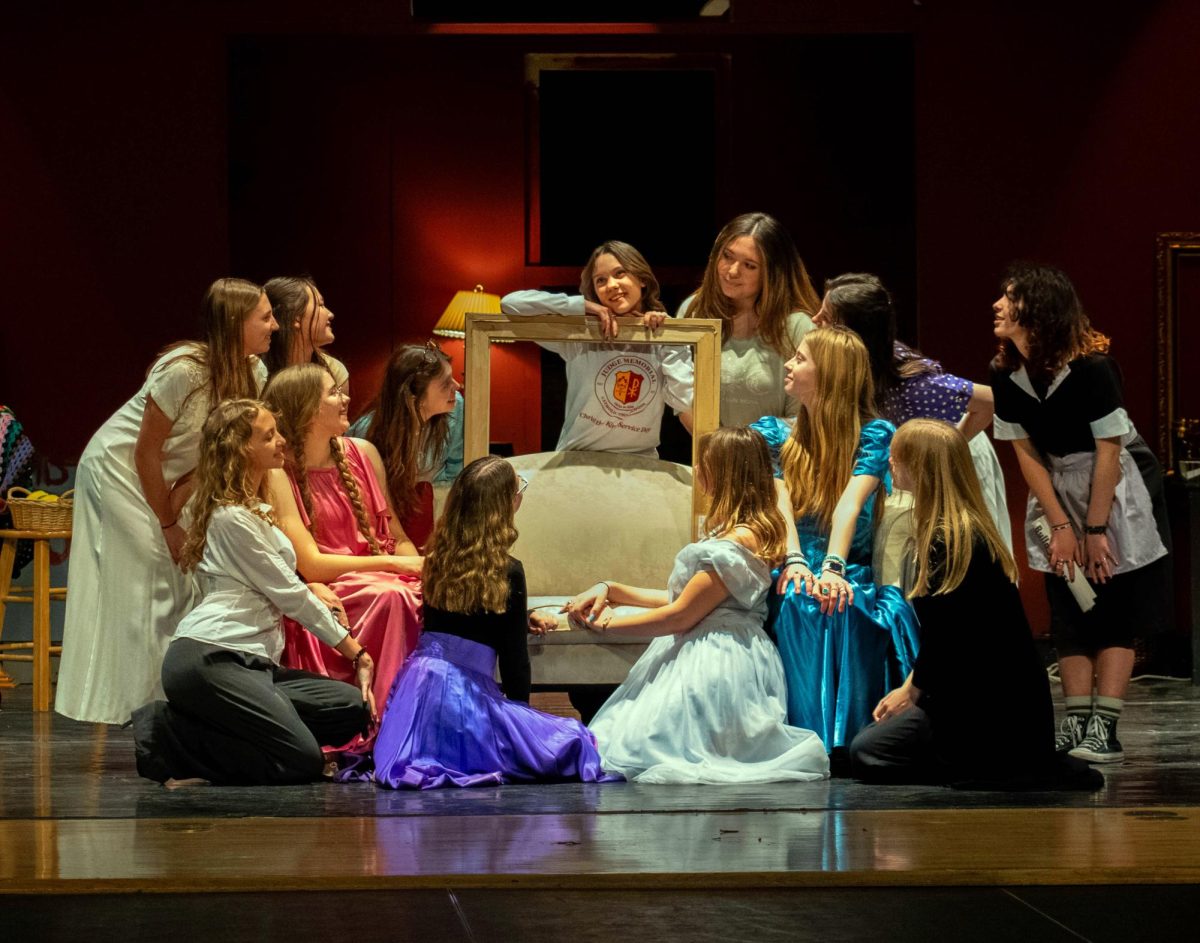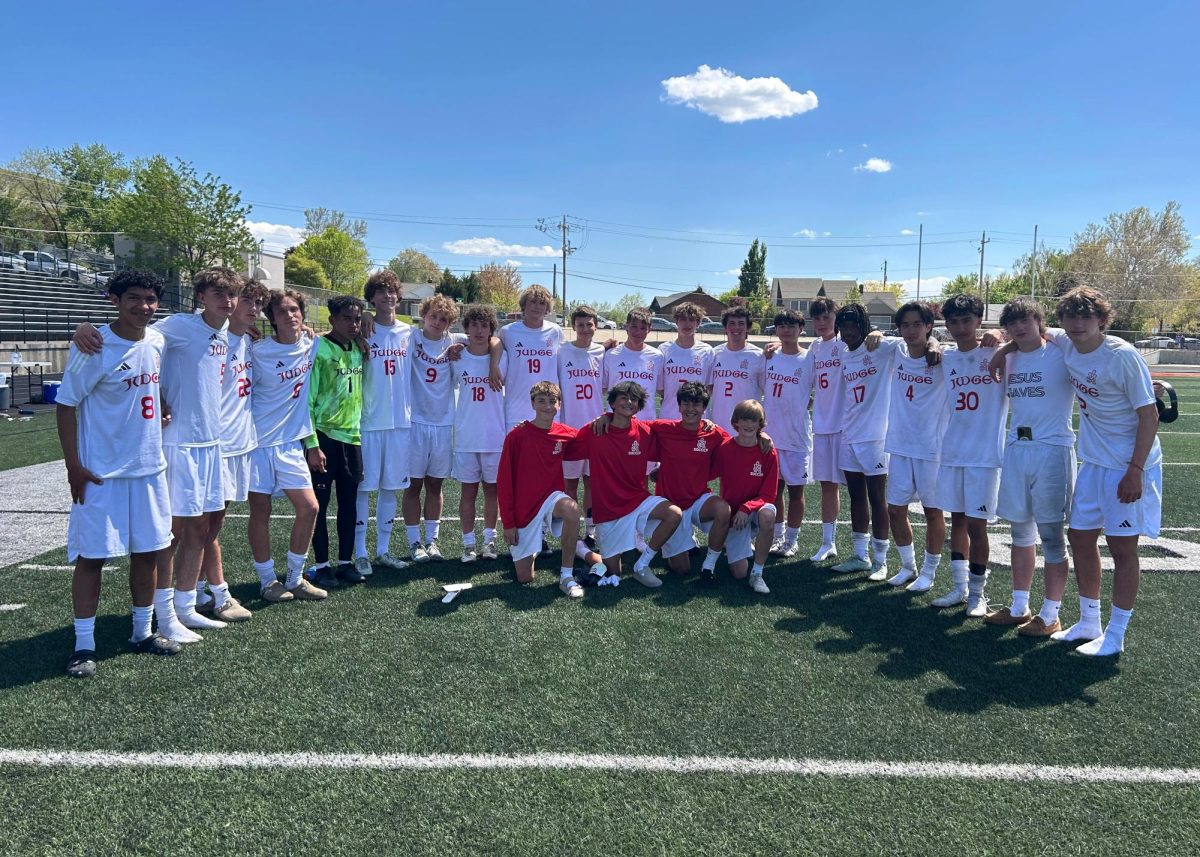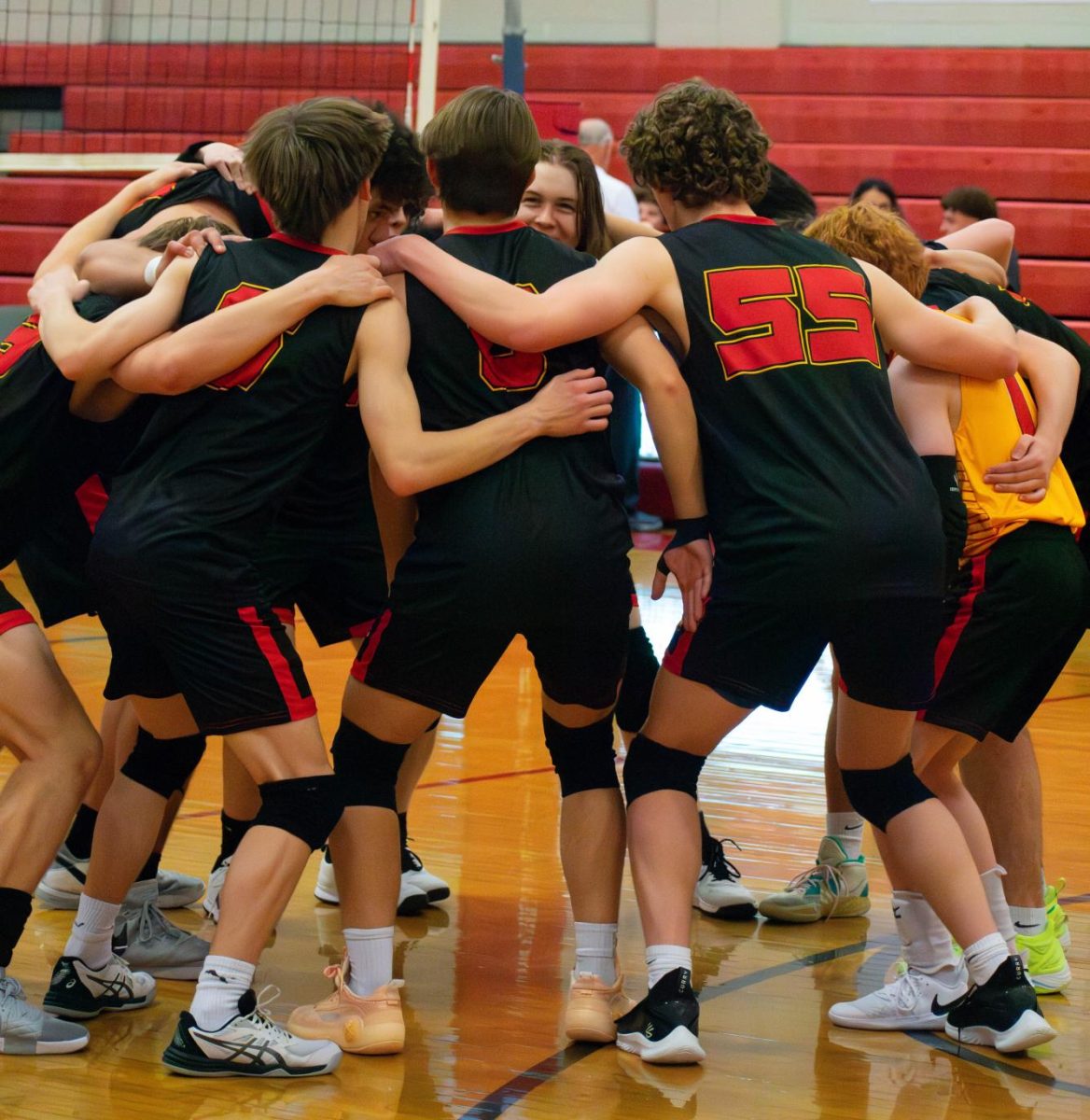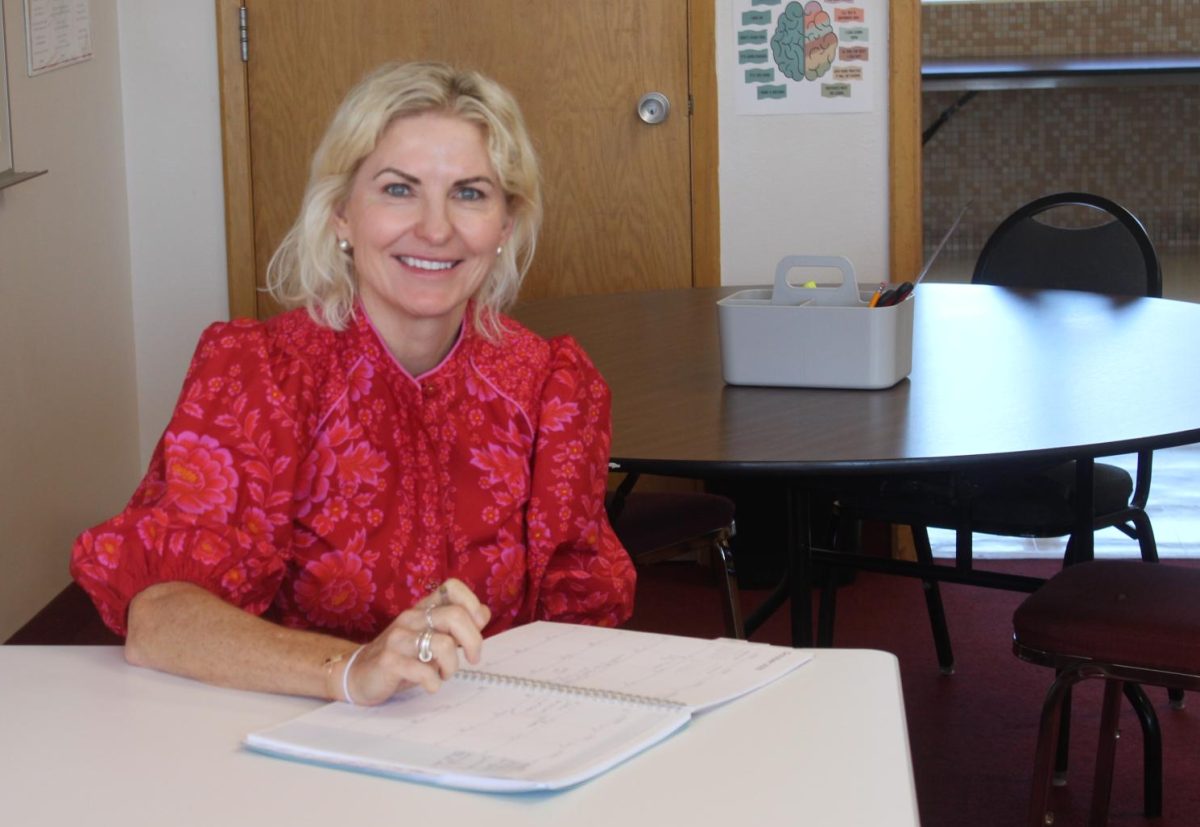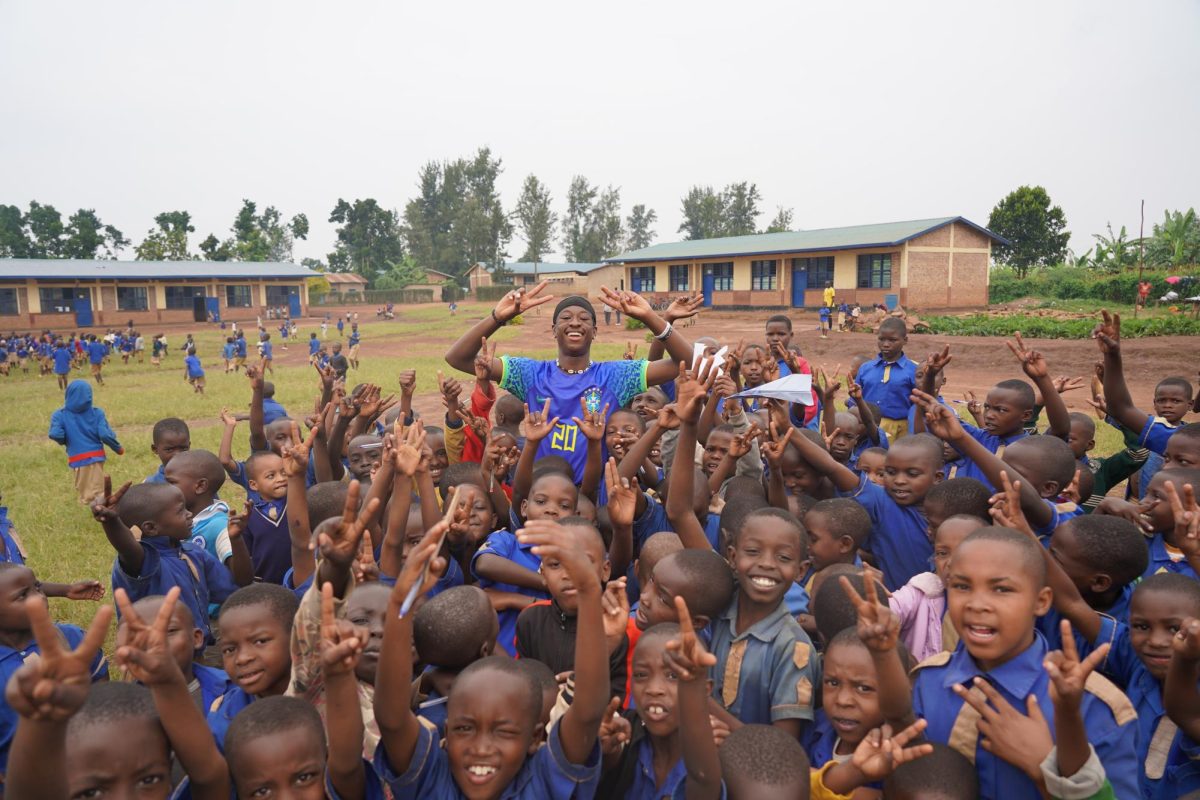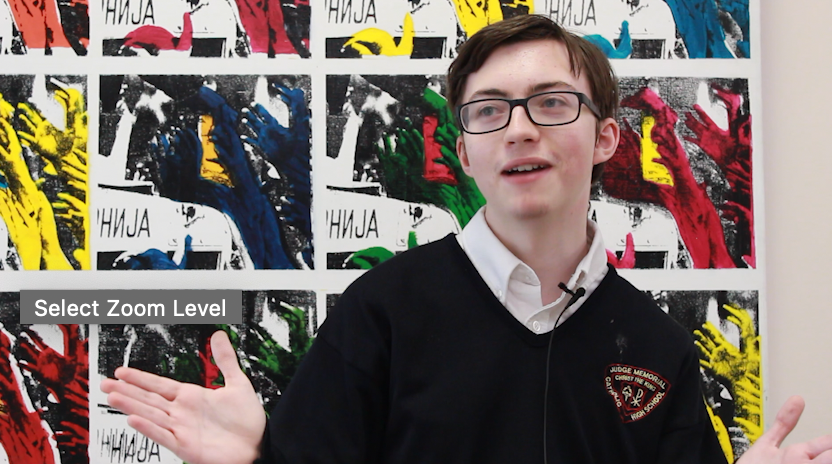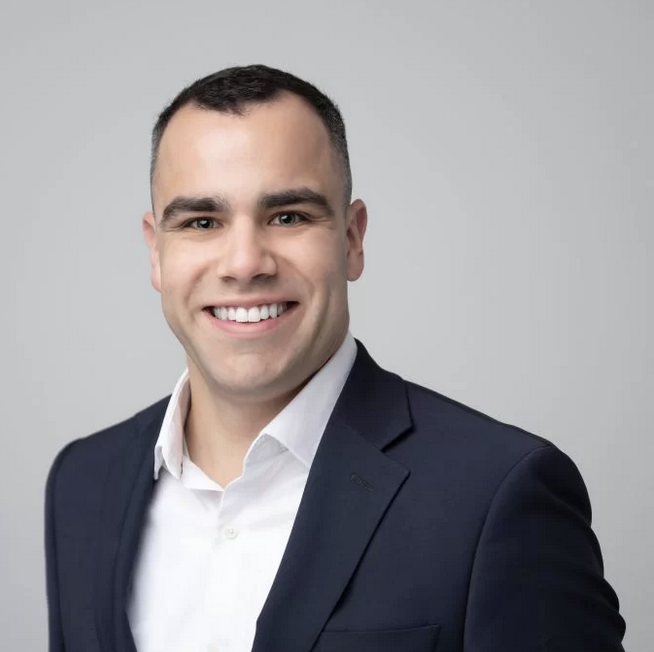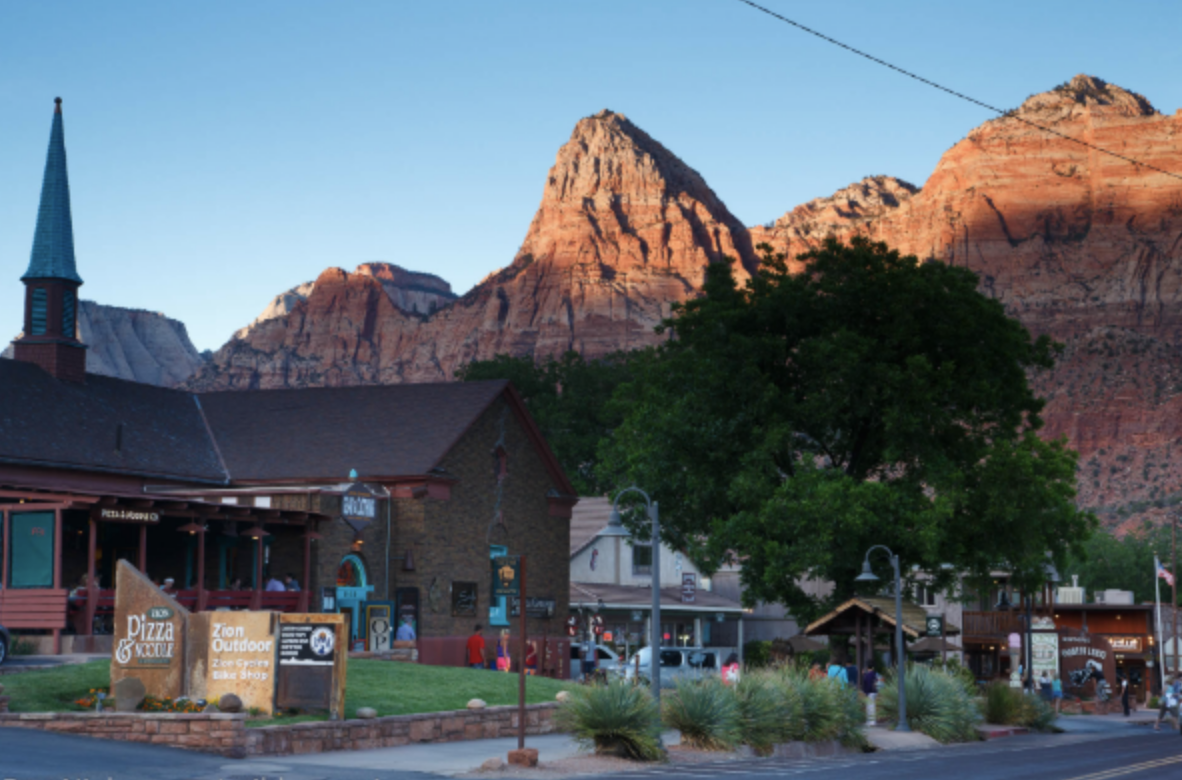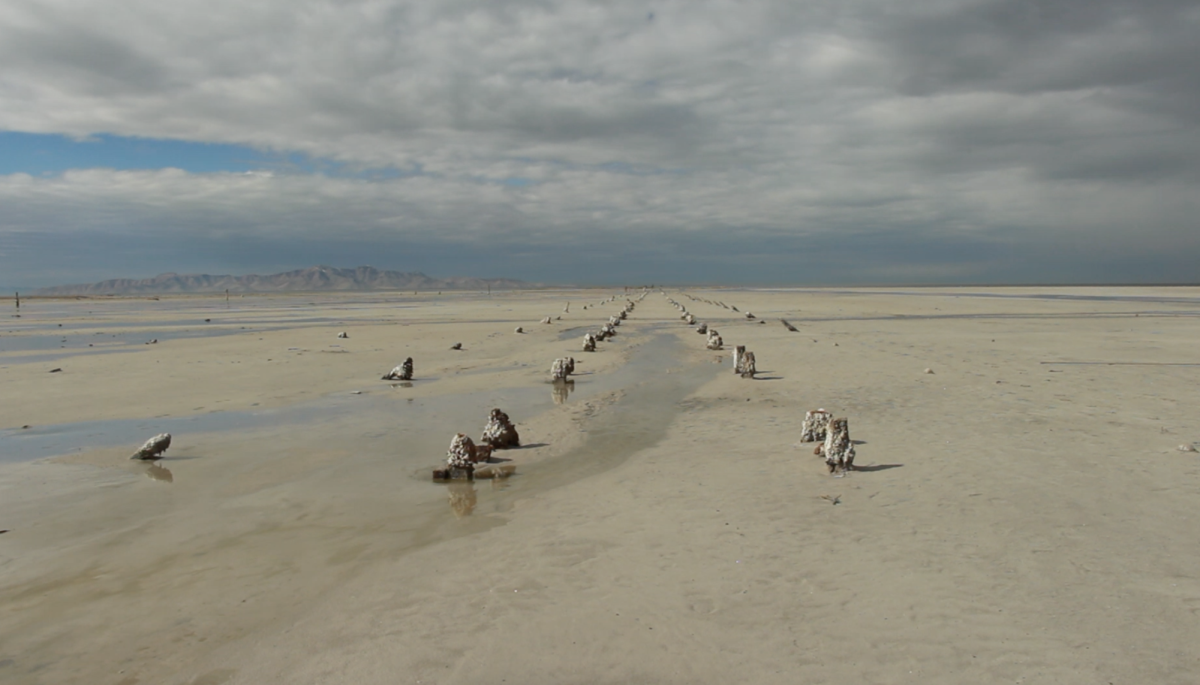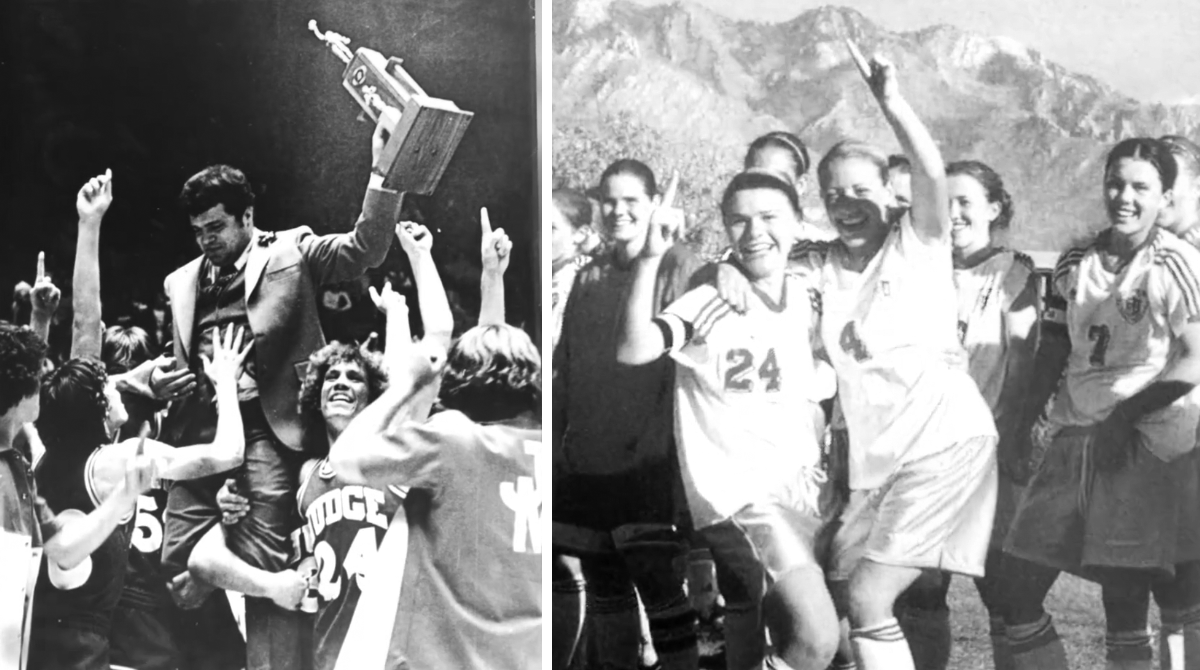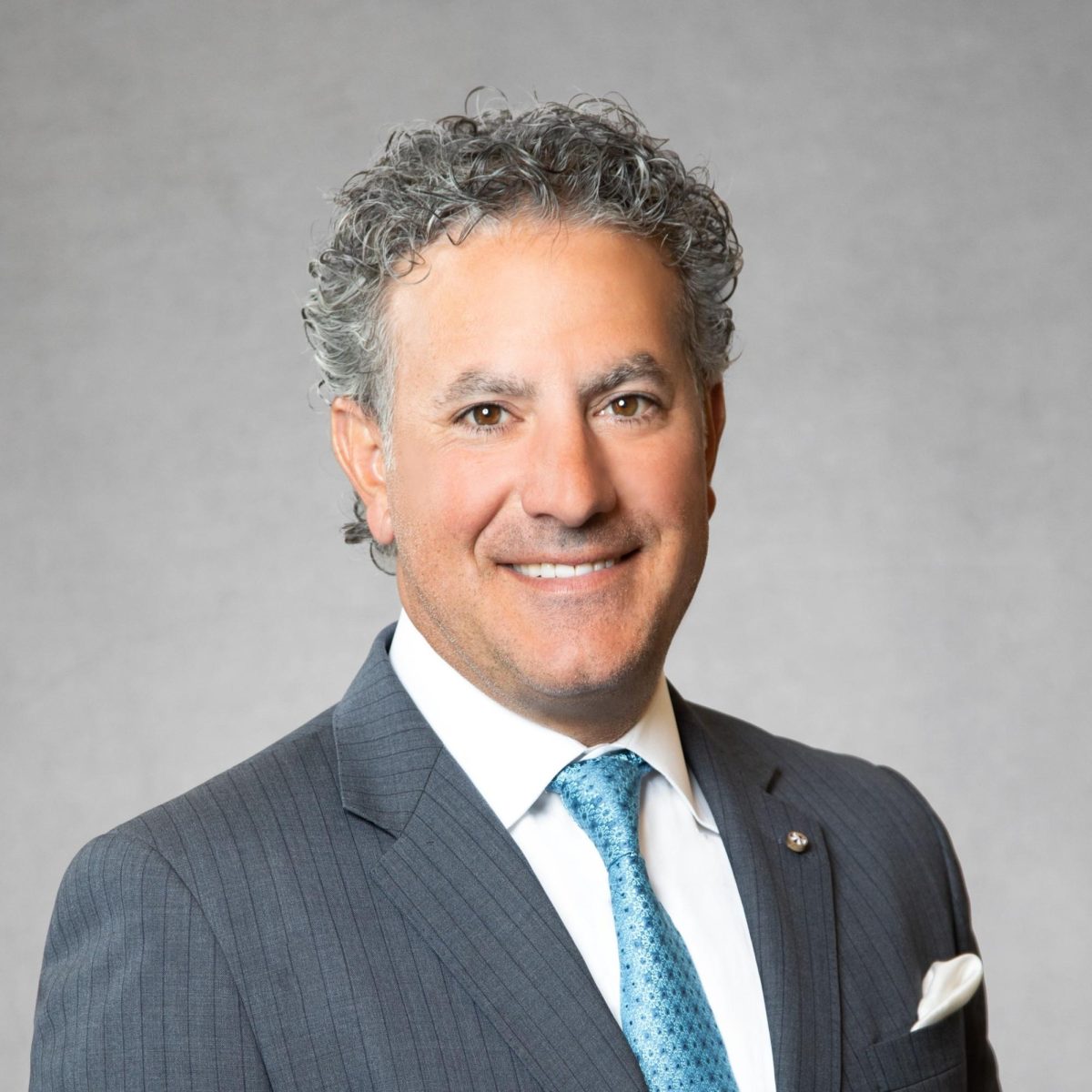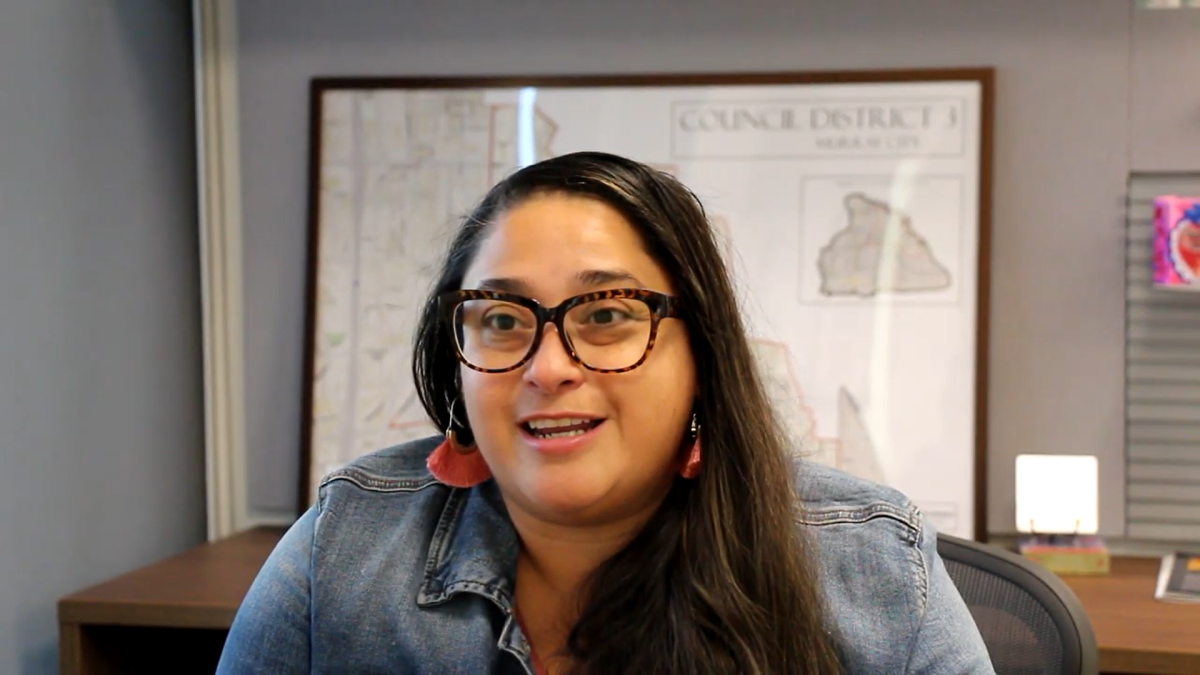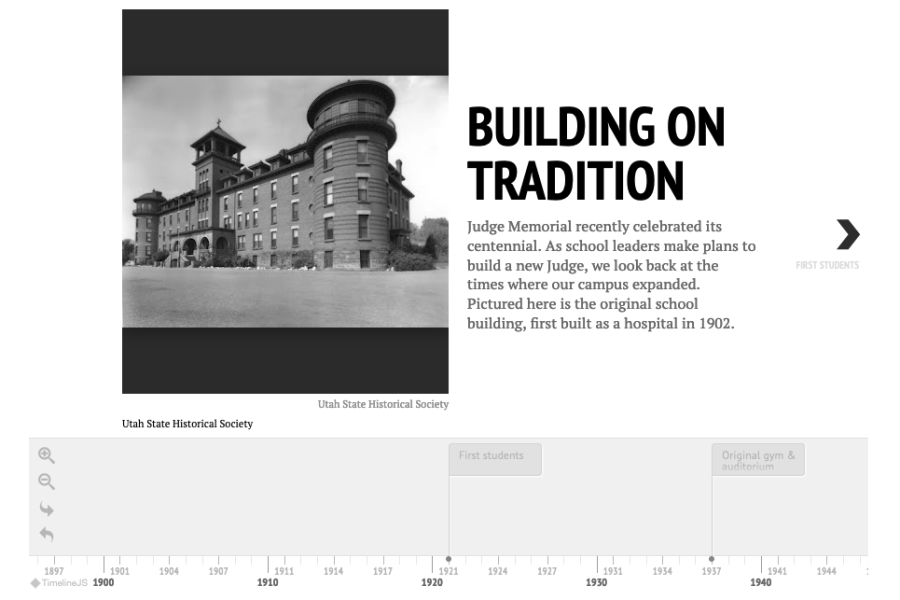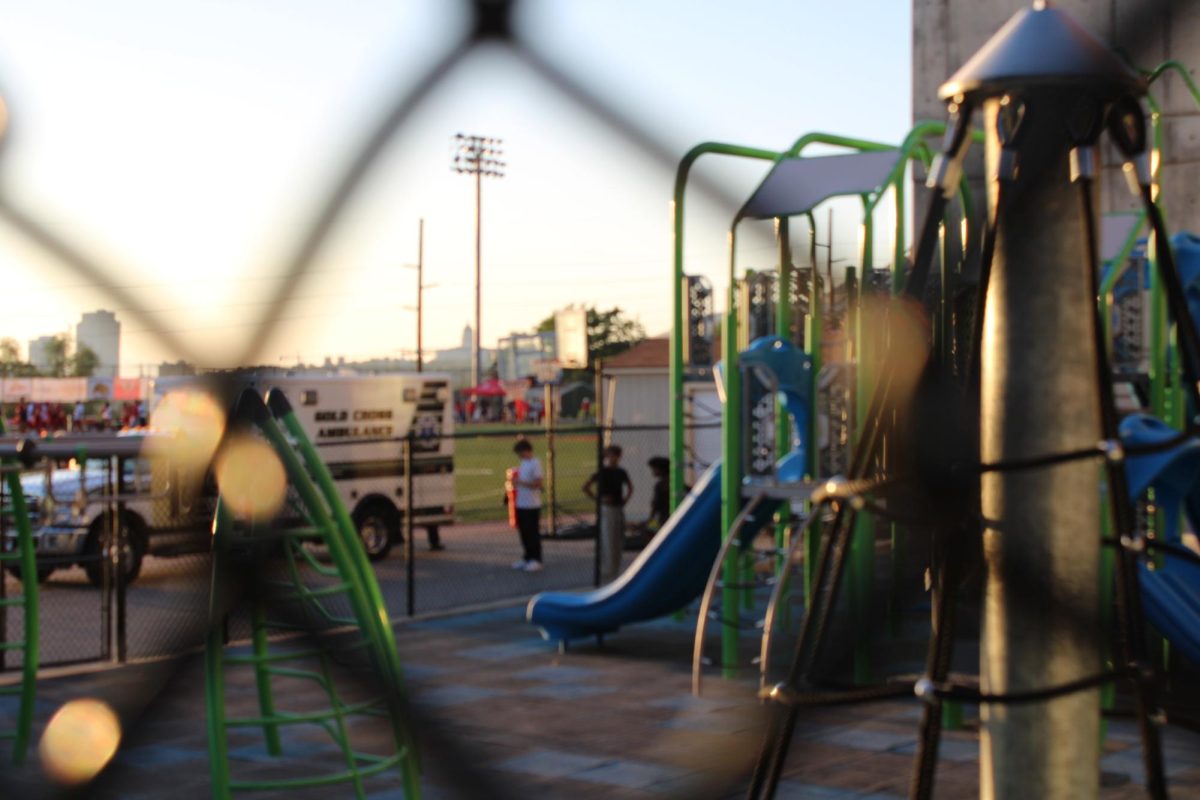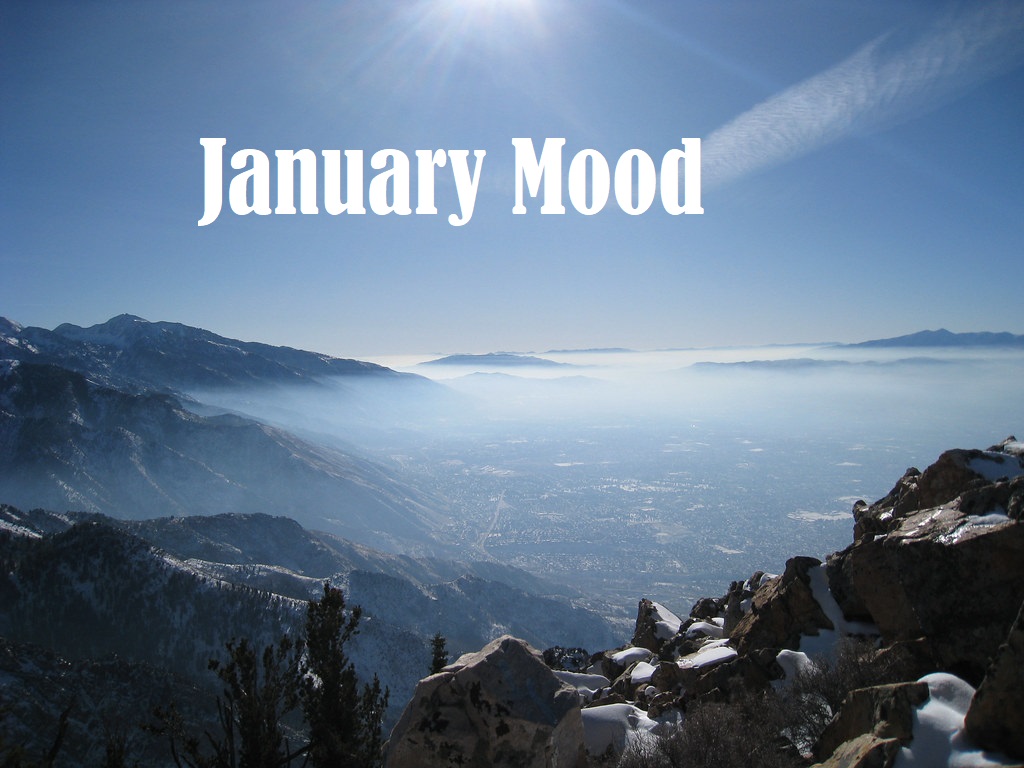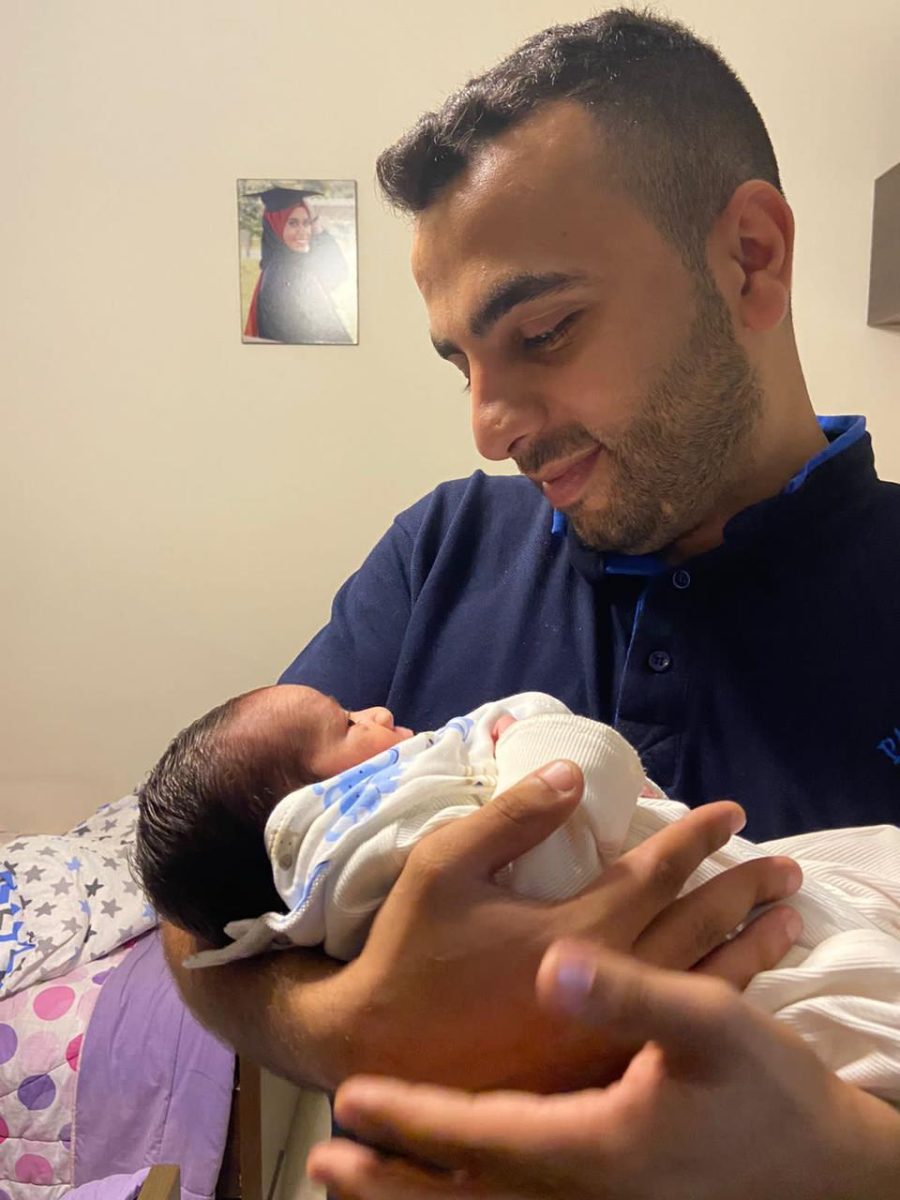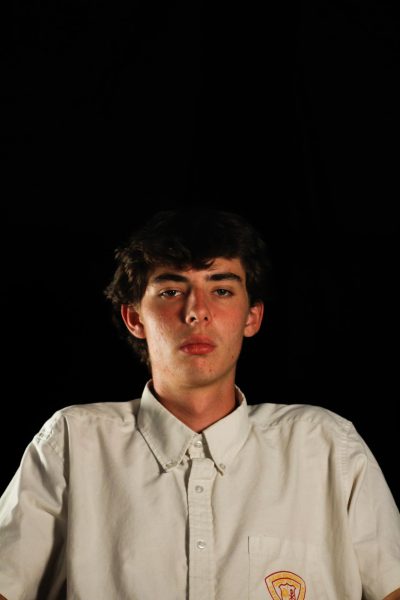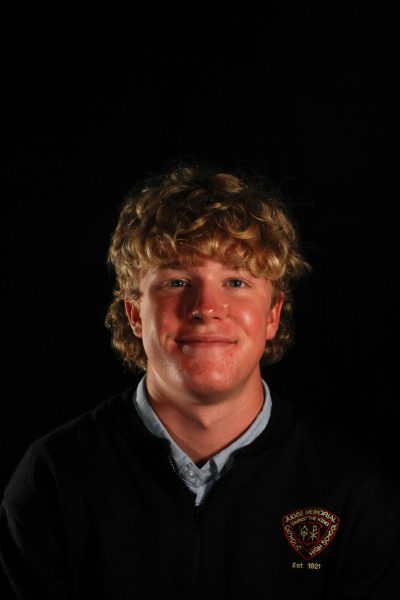With war waging in the Middle East, the Bulldog Press reached out to ex-computer science teacher Mr. Salah Jardali to discuss what life is like for somebody living in essentially a war-torn battlefield.
Jardali lives in Sidon, Lebanon, situated directly north of Israel. Conflict often breaks out between Israel and Hezbollah in Lebanon on the southern border, which is very close to where Jardali lives now. Jardali said that the town in which he lives is “the center of the risk.” He attests that recent times have been scary for him and his family and that living in the south of Lebanon can be dangerous because of how frequently and spontaneously conflict breaks out on that border.
The Israeli government estimates 1,200 people were killed and about 250 were taken hostage on the October 7, 2023 Hamas attack on Israel. According to Save the Children, over 10,600 children have been killed in the conflict waged in Gaza. As of January 2024, Gaza’s Health Ministry said Friday that the territory’s death toll has climbed to more than 26,000 people with more than 64,400 wounded in more than three months of war.”
These are frightening statistics, especially as Jardali and his wife recently brought a new baby boy into the world.
“The big problem is that civilians are paying the price,” Jardali said, “children, women, boys, girls, grandfathers, grandmothers. A lot of families are killed in this situation. We need to stop this happening.”
The conflict in the Middle East comes as a result of generations of dispute between Israel and Palestine over who owns, and who is entitled to, the land that is the Gaza Strip. The Gaza Strip has always played a pivotal part in the political dynamic of the surrounding region. Additionally, the place’s religious and military significance makes it a valuable piece of land to possess.
In January of 2006, the Palestinian people elected Hamas as a people’s government or people’s militia. Tensions built over time until war was officially declared on Israel by Hamas on October 7, 2023.
Jardali speaks on this conflict and notes that this continual conflict comes from a lack of tolerance and a deep hatred festered between Israel and Palestine.
Spoken truly like a teacher, Jardali says that we need to learn to accept and love, rather than kill and hate.
“We have to give all the people lessons on how to accept one another, instead of ‘I have to kill this guy. He has to kill the other one.’ Don’t. We are not like this. We have to be people who learn from our experiences in previous wars like World War I, World War II.”
Mr. Jardali’s connection with Judge might seem to be a confusing one, seeing as he has never stepped foot in the United States. It started during the 2021-2022 school year following the COVID-19 pandemic with a vacancy in the computer science department. Throughout the summer, the Judge staff was not able to fill the position, but eventually, the vacuum was finally filled by Mr. Jardali. Living in Lebanon and not being able to come to the United States, Mr. Jardali taught in a very unorthodox fashion. Using Zoom, Mr. Jardali taught computer science from thousands of miles away from his home in South Lebanon. This progressive teaching style and commitment to learning is exactly what Judge was looking for in their new computer science teacher.
Unfortunately, in the process of obtaining a Visa, Mr. Jardali was unable to achieve immigration status to the United States in time for the 2023-24 school year, ending his tenure with Judge Memorial. Judge even went as far as to hire an immigration attorney to work with Jardali to grant him access to the United States, but in the long run, even this wasn’t enough, and Jardali fell too far down the list of Visa applicants. Mr. Jardali still lives in Lebanon today and works with his father in the kitchen appliance industry, applying his knowledge of computer science to elevate his family’s business.
The sad reality about the conflict along the Gaza Strip is that there is most likely no end in the foreseeable future. With the conflict being waged around such a valuable area in the Gaza Strip, nobody will be willing to surrender. During the interview, Jardali spoke on this and harkened back to the core idea of acceptance over hatred when he said: “No one can win. In the end, no one can win because the Israeli and Palestinian people will strive to stay in their homeland. We need to try to accept each other.” Jardali has witnessed this conflict firsthand, and nobody can speak more accurately to the severity of the conflict than him. This story is nothing but an accurate portrayal of the grim reality of this conflict; being able to talk with somebody firsthand about the events in the Middle East has been eye-opening, and the Bulldog Press sends nothing but their best wishes to Mr. Jardali and his family.

